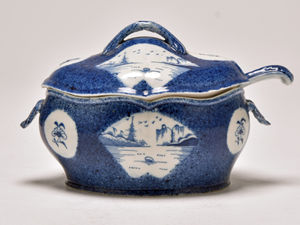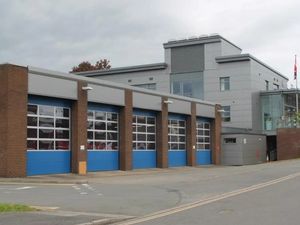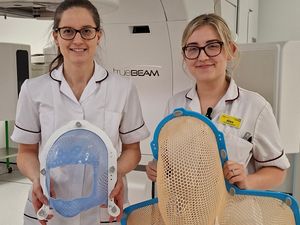Inquest rules man electrocuted on roof in Shropshire
A construction worker who died after being found lying on the roof where he was working was electrocuted – and not simply the victim of a heart attack, an inquest has concluded.
Steel erector Bryan John Welch was found unconscious by his cousin Simon Bloor while the pair were working on the roof of a barn at Red House Farm, Smethcott, Church Stretton, on November 4, 2013.
Attempts to revive 46-year-old Welch, of Cwm Head, Marshbrook, both at the scene and at the Royal Shrewsbury Hospital, were unsuccessful and he was pronounced dead 90 minutes later.
His inquest concluded yesterday at Shrewsbury Town Football Club's Greenhous Stadium – two days into what had been expected to be a three-day hearing.
A 10-strong jury unanimously agreed the medical cause of death was electrocution and that it was a case of accidental death. They also made a point of including a line in their conclusions stating that, in their view, Mr Welch was employed by Bloor while working on the property of JR & MC Downes & Son – not directly employed by the Downes family themselves.
There had been 11,000-volt electricity cables running just 1.4m above the roof of the barn on which the two men were working, but Shropshire Coroner John Ellery said there was also another possibility – that Mr Welch simply had a heart attack, and the cables were a red herring.
He said while the first paramedic on scene, Mark Titley, noticed a burning smell, subsequent paramedics who dealt with Mr Welch did not, and in the ambulance no burning was found on the soles of his feet.
However, both Dr Siddhart Patel and Dr Thomas Blythe said they could see a patch of Mr Welch's hair that appeared to have been singed. Even the results of two post-mortem examinations were ambiguous, Mr Ellery said.
Professor Archie Malcolm, who carried out the initial autopsy, said he believed it was electrocution that killed Mr Welch. He said the absence of entry or exit burns did not mean anything, as these were not always obvious in such cases.
However, home office pathologist Dr Alexander Kolar said it was impossible to tell.
There was also disagreement over who was responsible for employing Mr Welch. In police interview Mr Bloor said Mr Welch did not work for him, but was employed alongside him by the Downeses. John Downes told the court it was the other way around, that he only dealt with Mr Bloor and understood Mr Welch had been contracted by him.





